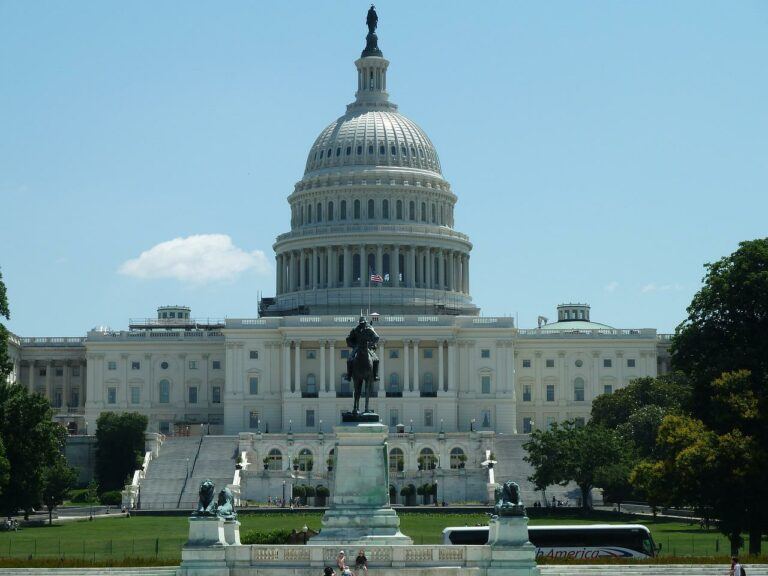Recently, U.S. Congressman Brad Sherman (D-CA), who is one of the biggest crypto skeptics in Washington, D.C., told Los Angeles Times why he does not expect to see a crypto ban in the U.S. “anytime soon.”
Congressman Sherman, who was “born and raised in southern California” is “currently serving his thirteenth term in Congress and has served in the House of Representatives since 1997.” He is “a senior member of the House Foreign Affairs Committee, a senior member of the House Financial Services Committee, and a member of the House Science, Space and Technology Committee.”
In 2019, Sherman was “elected to serve as Chairman of the House Financial Services Subcommittee on Investor Protection, Entrepreneurship and Capital Markets.” He has a law degree from Harvard University, where he graduated Magna Cum Laude.
On 9 May 2019, Congressman Sherman called for a complete ban (in the U.S.) on cryptocurrency:
On 13 May 2019, during an interview with CoinDesk at Consensus 2019, former Congressman and presidential candidate Ron Paul called Sherman “just another thug in Washington” and went on to say:
“They happen to believe they know what is best and they will run the show. They want to be the boss, they’re dictators, and he’s not unusual… He’s very typical in all degrees in all issues, whether it’s a social issue, like a few years ago when they decided the worst thing in the world is smoking marijuana.“
On Tuesday (July 19), Sherman was hating on crypto again. At a hearing (titled “Oversight of the SEC’s Division of Enforcement”) before the U.S. House of Representatives Committee on Financial Services, he asked Gurbir S. Grewal, Director of the Division of Enforcement at the SEC:
“You’ve gone after XRP because XRP is a security, but you haven’t gone after all the major crypto exchanges that process tens of thousands if not far more transactions. If XRP is a security and you think it is and I think it is, why are these crypto exchanges not in violation of law?
“And is it enough that the crypto exchange have said, ‘well, having committed tens of thousands of violations in the past, we promise not to do any more in the future’. Is that enough to get you off the hook for enforcement?“
Sherman later went on to criticize the SEC for not going after the major exchanges (such as Coinbase) that allowed trading of XRP in the U.S. before 22 December 2020, which is when the SEC announced that it had “filed an action against Ripple Labs Inc. and two of its executives, who are also significant security holders, alleging that they raised over $1.3 billion through an unregistered, ongoing digital asset securities offering.”
Sherman told Grewal:
“It is easier to go after the small fish than the big fish, but the big fish operating the major exchanges did many, many tens of thousands of transactions with XRP. You know it’s a security — that means they were illegally operating a securities exchange. They know it’s illegal because they stopped doing it, even though it was profitable… I hope you focus on that.“
According to a report published by Los Angeles Times on September 4, Sherman told The Times:
“I don’t think we’re going to get [to a ban] anytime soon… Money for lobbying and money for campaign contributions works, or people wouldn’t do it; and that’s why we haven’t banned crypto. We didn’t ban it at the beginning because we didn’t realize it was important, and we didn’t ban it now because there’s too much money and power behind it.”
He also called crypto a Ponzi scheme:
“It is hard to be running the subcommittee dedicated to investor protection in a country in which people want to wager on [meme coins]… Cryptocurrency is a meme you invest in, in the hopes that you can sell it to somebody else before it tanks. That’s the nice thing about a Ponzi scheme.”
Image Credit
Featured Image via Pixabay









